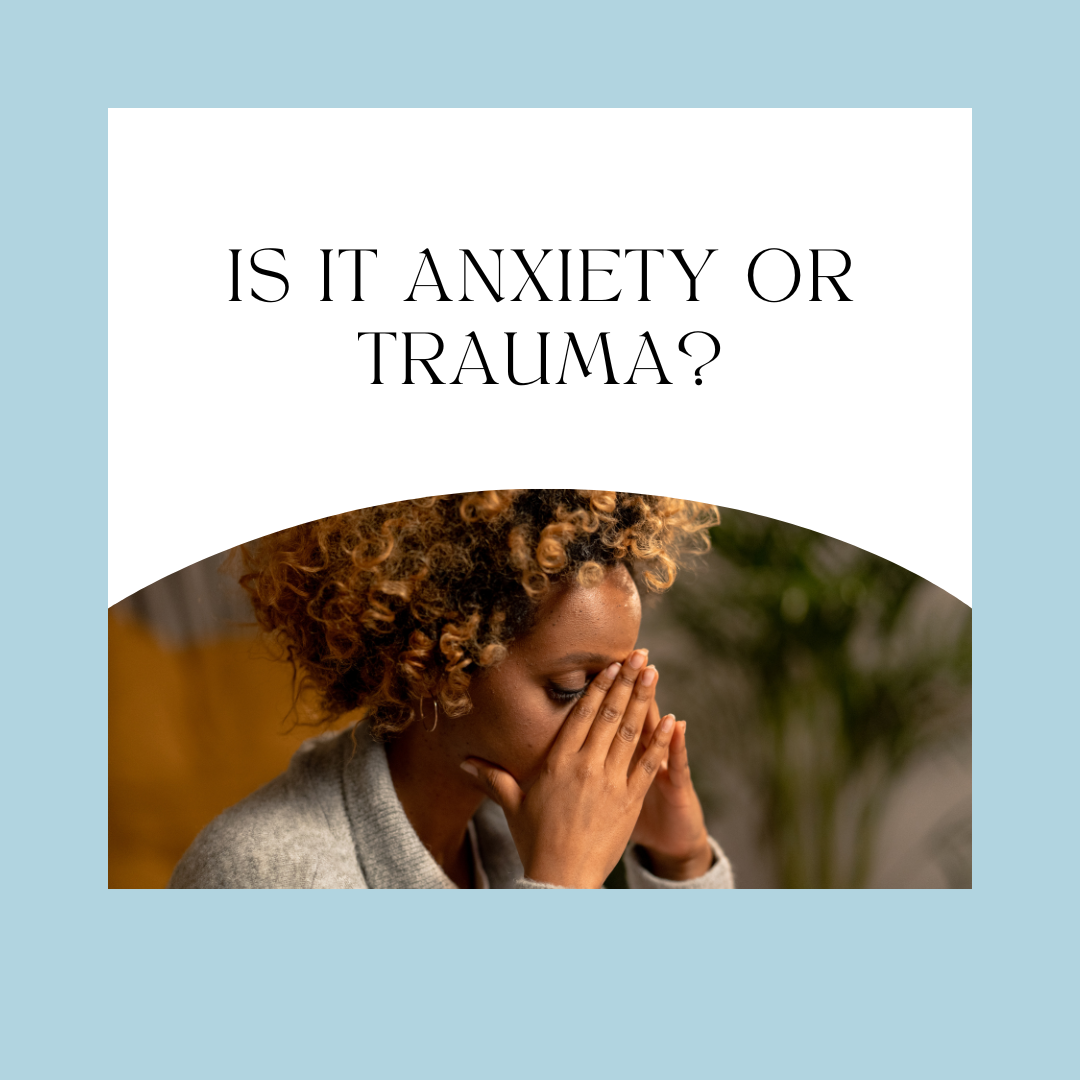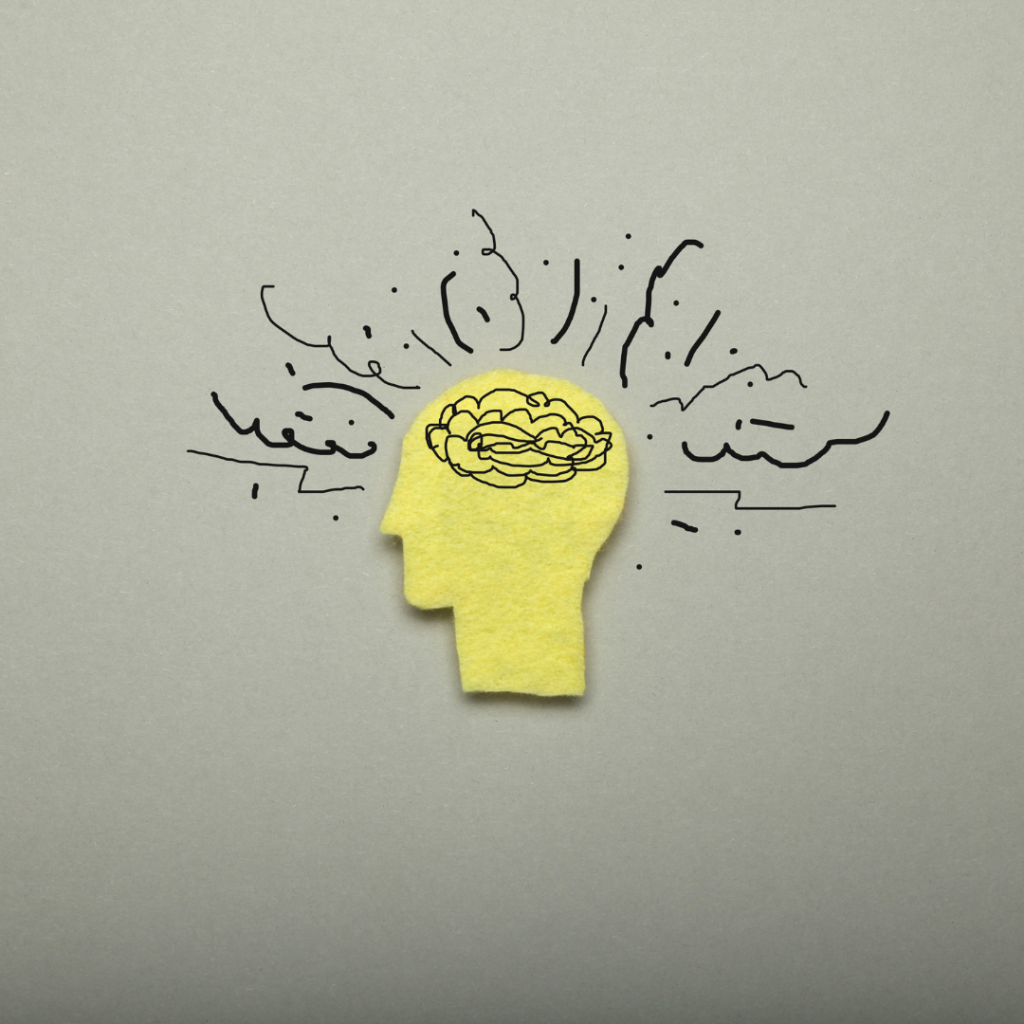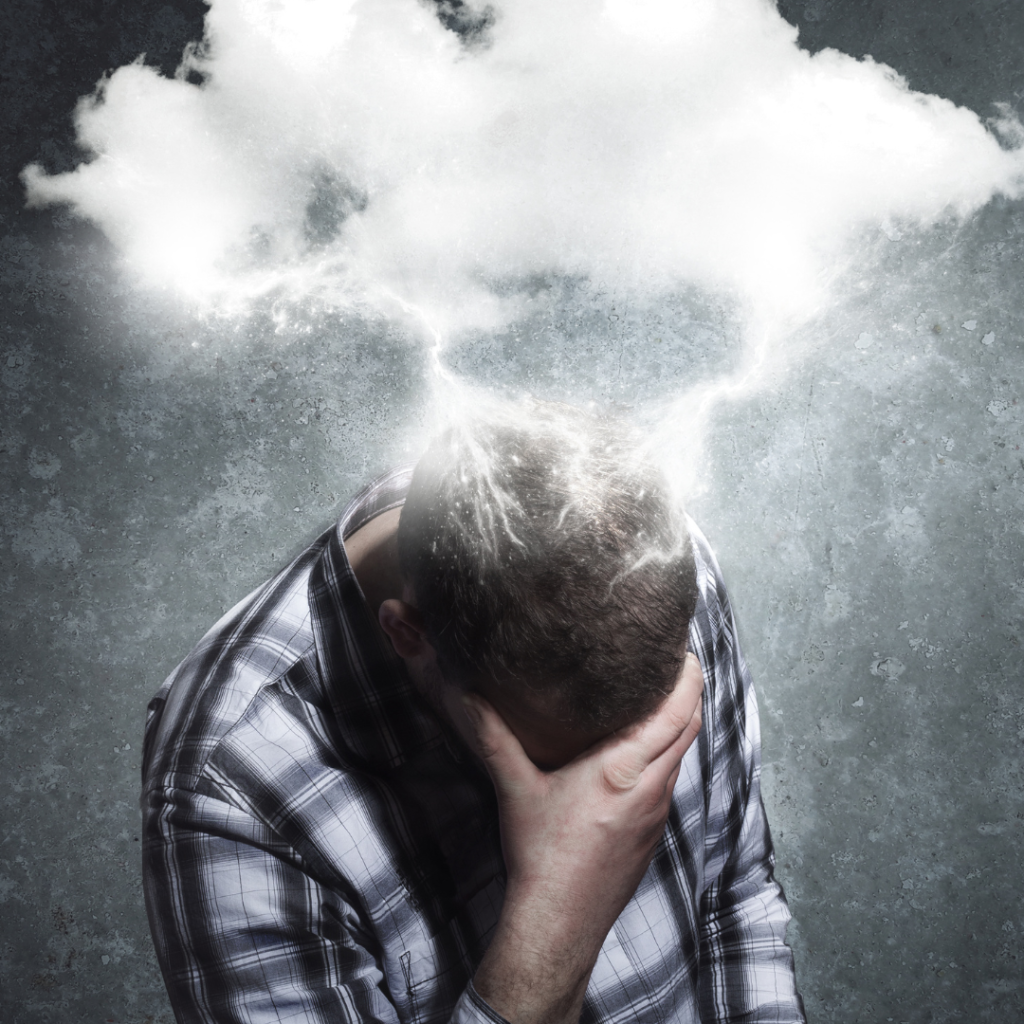Welcome to the heartbeat of Integrative Counsel, our blog where tranquility meets transformation. This is your sanctuary for insights and wisdom on nurturing a harmonious connection between mind, body, and spirit.
Is It Anxiety or Trauma?

Your feelings are overwhelming, and your body is reacting. It might be the resurgence of a particularly traumatic memory, or it might be a long-feared story that appears to be coming true. Either way, the symptoms are similar, and it can be tricky to differentiate between the side effects of general anxiety, and the signs of a deeper trauma.
How Do I Recognize Trauma?
For a variety of reasons, we all experience emotional pain and stress. These are demoralizing but necessary parts of life. But when these stressors go uncoped, they can reach critical mass and present themselves as a trauma just as real as any physical injury. Here are a few of the most common symptoms of Post Traumatic Stress Disorder.
- Trouble sleeping? This could be a sign of your underlying trauma. Oftentimes those diagnosed with PTSD struggle with insomnia, sleep disruptions, and intrusive nightmares.
- Self-destructive behavior? Traumatic experiences can leave us without the emotional literacy to handle our symptoms. Alcohol abuse, isolation, and reckless driving can all become common behaviors when we are suffering from trauma.
- Feeling irritable? Oftentimes trauma can present itself as irritability, angry outbursts, or just general trouble communicating. If you find your anger to be out of your control, or your emotions difficult to describe, it could very well be as a result of your trauma.
How Do I Recognize Anxiety?
Anxiety is a state of intense, excessive, and persistent worry, especially with regards to the future. Anxiety is something we all must cope with to a certain extent, including and especially those of us who suffer from PTSD. One of the reasons it can be so challenging to tell the difference between trauma and anxiety is because many of us experience anxiety as a result of our traumatic experiences. No need to worry though, the signs are simple enough to catch on to.
- Racing thoughts? If you’re finding it hard to concentrate due to the pure speed and volume of your thoughts, it could be as a result of your anxiety. When we’re intensely worrying about something, sometimes there isn’t enough brainpower to go around.
- Feelings of impending doom? Do you find yourself realizing that your entire life could be over on a daily basis? If the answer is yes, it’s very likely that you have been struggling with your anxiety.
- Experiencing nausea? Our psychological conditions can have a profound effect on our bodies, as evidenced by the common occurrence of queasiness in sufferers of anxiety. If you find yourself feeling sick each time you are worried, then it could be a sign that you’re suffering from anxiety.
Our clinician, Lauren, specializes in treating anxiety and trauma. Here is what she has to say:
Differentiating between general anxiety and trauma is tricky business.
Trauma symptoms and anxiety share commonalities which often overlap in daily presentation and often can even co-occur. If looking through the lens of the DSM-5 parameters for PTSD one could simply say that all individuals who have experienced trauma will have anxiety but not all people presenting with general anxiety have experienced trauma. To break that down, the DSM-5 defines a traumatic event as actual or threatened serious physical harm through war, natural disasters, sexual assault, interpersonal violence, accidents; or exposure to such an event visually or secondary when involving an important person/family member.
More cutting edge research views trauma from the lens of anything that overwhelms the body’s ability to cope which leaves a resounding imprint on brain functioning and nervous system regulation. Bessel Van Der Kolk, author of the New York Times best seller “The Body Keeps the Score” states,
“Being traumatized means continuing to organize your life as if the trauma were still going on – unchanged and immutable – as every new encounter or event is contaminated by the past”. This can certainly feel like anxiety as the parts of the brain concerned with survival overtake the parts of the brain associated with connection, pleasure, goals, and positive communication skills.”
This sends stress hormones coursing through the body altering internal physical functions and creating overall feelings of dis-ease. Trauma creates negative beliefs about the world, one’s place in the world, and one’s safety within the world.
On the other hand, anxiety is often a general feeling of unease about abstract future events that tends to ebb and flow throughout one’s lifetime.
Some anxiety can even be healthy. It can motivate one to study for an exam, complete a project for work, complete a daunting task, etc… Too much anxiety on the other hand can become paralyzing. 
Many people describe excessive feelings of worry about the future or social situations from a very young age.
Whereas some trauma survivors don’t experience anxious symptoms till after the traumatic event occurs. What makes the two hard to distinguish is that the DSM-5 has not included Developmental Trauma Disorder which includes relational trauma from a young age. What may look like general anxiety starting in childhood could actually be the effects of early relational trauma which created negative cognitions about the world that present as general anxiety. You can see how murky the line between general anxiety and trauma becomes when we look at emerging research and theories.
If you are struggling with anxious symptoms and/or unresolved trauma- the important thing might not be distinguishing between the two but rather gaining some new coping skills to move through life with more ease. Sometimes the coping skills that have helped you survive in the past become harmful and need to be traded out for tools that better fit your present circumstances, relationships, and aspirations.
If you feel stuck on your healing journey, working with a therapist can help. Based on your needs, our intake specialist will help you get matched up with your perfect therapist. Click here to schedule a consultation.
Sunny Ebsary is an educator, multi-modal artist, and writer specializing in the intersection of myth and mental health. Sunny’s writing walks the line between poetic and logical, giving readers a chance to interface with the mind and imagination. Sunny’s been putting pen to paper since he was a child, writing everything from albums, novels, and plays, to essays, interactive games, and of course, many articles! While studying both psychology and writing, he realized his real passion in life was helping others unlock their creative spark. Whether he’s leading a D&D game, directing a production, or diving deep into the brain, you can be sure Sunny will be ushering you toward finding meaning in your life.
January 19, 2023
Click here to book a consultation call and start navigating your personal path to mental harmony with a therapist who gets you. Your journey, your pace, your story—let's unfold it together.
Let's keep the conversation going.
Feeling the spark to light up your wellness journey?
resources
CONTACT
RATES
join us
shop
SERVICES
OUR APPROACH
visiting professionals
OUR TEAM
HOME
727.342.0054
hello@integrativecounsel.com
Integrative Counsel is committed to providing culturally competent services. We respect the uniqueness of every person including, but not limited to race, ethnicity, gender identity, sexual orientation, class and religious affiliation.



